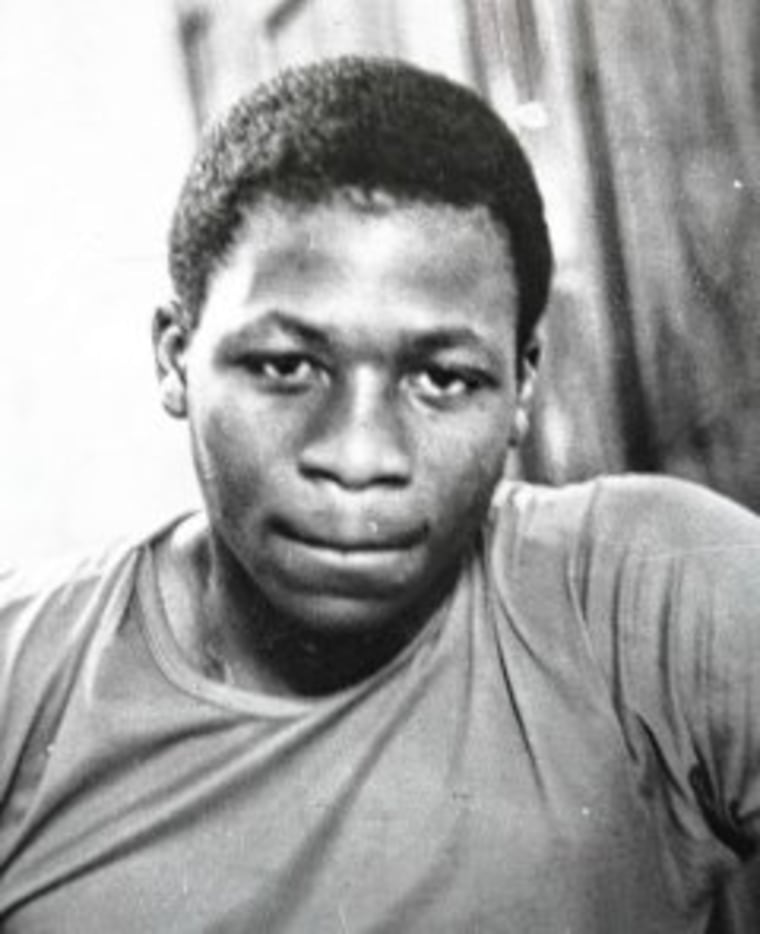With a teacher for a mother, I knew the names Martin Luther King, Jr., Malcolm X, Harriet Tubman and Marcus Garvey quite well at a very early age. But still, my sheltered childhood didn't become a race-conscious one until I heard Michael Griffith's name.
I was in the sixth grade when he died, 25 years ago Monday. Mr. Griffith and two other young men went into Howard Beach, Queens, seeking help for their broken-down car. An argument with some teenagers escalated into a full-on assault at a local pizzeria, and Mr. Griffith was chased into Belt Parkway traffic by a mob of white teenagers carrying weapons and spitting racial slurs. The trial and the eventual verdict only seemed to foster further racial division.
It was one of many New York City racial incidents in the '80s that inspired the classic Spike Lee film "Do the Right Thing," and it remains still fresh for many. Understandable, even as some are still debating whether the attack was indeed racially motivated:
Jean Griffith Sandiford, the mother of Michael Griffith, 23,... has forgiven her son’s killers. But the mother-in-law of one of his attackers suggests that the case was blown out of proportion. Others argue that the assault was more about turf than race and that the three black men who ventured into the overwhelmingly white neighborhood that night were probably up to no good.
Per the Queens Courier, some in the Howard Beach community say the neighborhood has "come a long way" and seems content to move on. Have we become so "post-racial" that we're either content to forget or excuse what drove Michael Griffith onto the Belt Parkway that night? And does the idea that I likely wouldn't be assaulted if I bought a slice at that same pizzeria today mean that things are significantly better, or better enough?
I couldn't help but consider those questions when I read what college student Nicholas Peart wrote this past weekend in the New York Times about being subjected to the New York Police Department's stop-and-frisk:
One evening in August of 2006, I was celebrating my 18th birthday with my cousin and a friend. We were staying at my sister’s house on 96th Street and Amsterdam Avenue in Manhattan and decided to walk to a nearby place and get some burgers. It was closed so we sat on benches in the median strip that runs down the middle of Broadway. We were talking, watching the night go by, enjoying the evening when suddenly, and out of nowhere, squad cars surrounded us. A policeman yelled from the window, “Get on the ground!”I was stunned. And I was scared. Then I was on the ground — with a gun pointed at me. I couldn’t see what was happening but I could feel a policeman’s hand reach into my pocket and remove my wallet. Apparently he looked through and found the ID I kept there. “Happy Birthday,” he said sarcastically. The officers questioned my cousin and friend, asked what they were doing in town, and then said goodnight and left us on the sidewalk.
No, that's not neighborhood teenagers bringing about the deaths of Michael Griffith or Yusef Hawkins. It's not Eleanor Bumpurs dying at the hands of police, either. And maybe you'd have known Mr. Peart's name before now if he'd been killed. That said, just because we've made progress doesn't mean we've made enough.
